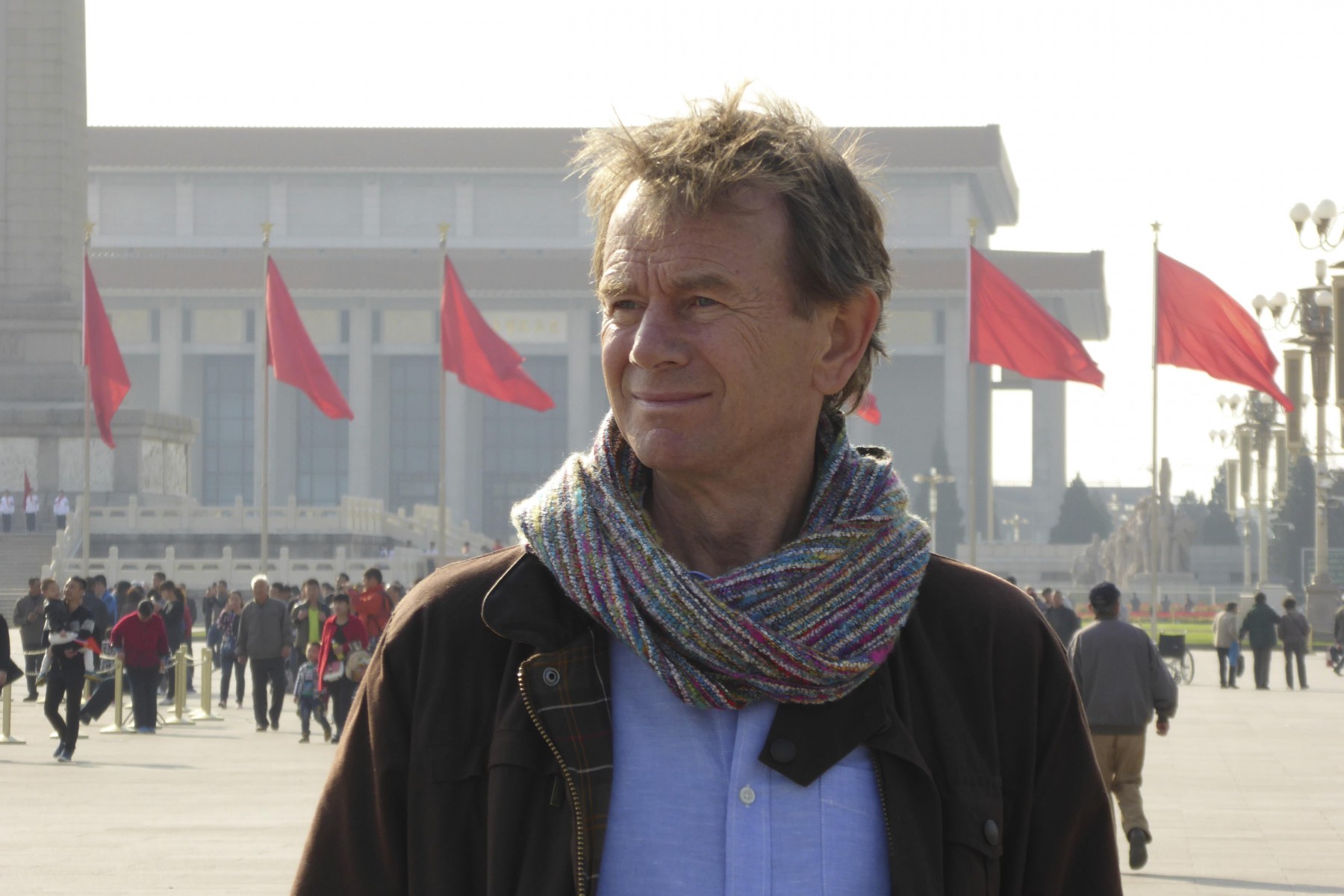The University of Manchester at ESOF: Wednesday 27 July

From flying cars to graphene and the environment and big data there’s plenty of University of Manchester knowledge for delegates to tap into at ESOF.
You can see below for all of our events at the conference on Wednesday and don’t forget that outside of the event there’s also our huge for delegates and non-delegates alike to get involved in.
- For more on The University of Manchester at ESOF, .
- See the full ESOF programme .
All week
The event provides a great opportunity for early-stage career researchers to pose questions and share ideas on the direction of their research, careers and future paths and to have general science discussions – all in an informal atmosphere with a leading professor in their field of interest.
Wednesday, 27 July
8:30 - 9:45 am
We will frame the climate change debate within its historical dimension, highlighting recurrences and elements of novelty from past to present.
8:30 - 9:45 am
By showcasing pan-European examples, we will take an up-close and personal look at the crossover between musical and citizen science experiments to explore how audience participation is shaping and impacting scientific research, musical expression, social connectivity and care.
10:00 - 12:30 pm
In this session international experts will describe how they see the state-of-the-art in building machines aimed at accelerating our understanding of brain function, and discuss with the audience prospects for future progress in this exciting scientific endeavour.
11:25 - 12:40 pm
The chances of climate impacts worsening as average global temperature rise exceeds 2°C – or even 4°C - by 2050, are increasing. In the face of the likelihood of high-end climate change, how can scientists and communicators of science be more than ‘narrators of doom’, instilling defeatism and negativity?
11:25 - 12:40 pm
Since its creation in 2007, the European Research Council (ERC) has spent more than €8 billion on 'frontier research', funding almost 5000 research projects across the EU and associated countries. How did the ERC come about? What are the premises of its success, and what are the lasting tensions with which it has to grapple? What is the outlook for this institution? And what has it really achieved?
2:15 - 3:30 pm
Following up his BBC 2 series on the history of China, Michael Wood will look at some of the current thinking about what historians have come to see as the Great Divergence, with special reference to the North-West and the city of Manchester itself, and to the role of science in the rise of the West - asking whether it is inevitable that the East will rise again to the position it held for much of pre-modern history.
3:45 - 5:00 pm
Big data is characterised by volume, velocity, variety and veracity. Data of this form arises at unprecedented rates, with increased recognition of its potential to dramatically change the environments we live in. Panel members are technical, academic and panellists from businesses and services, including health, smart, green, integrated transport and resource efficiency.